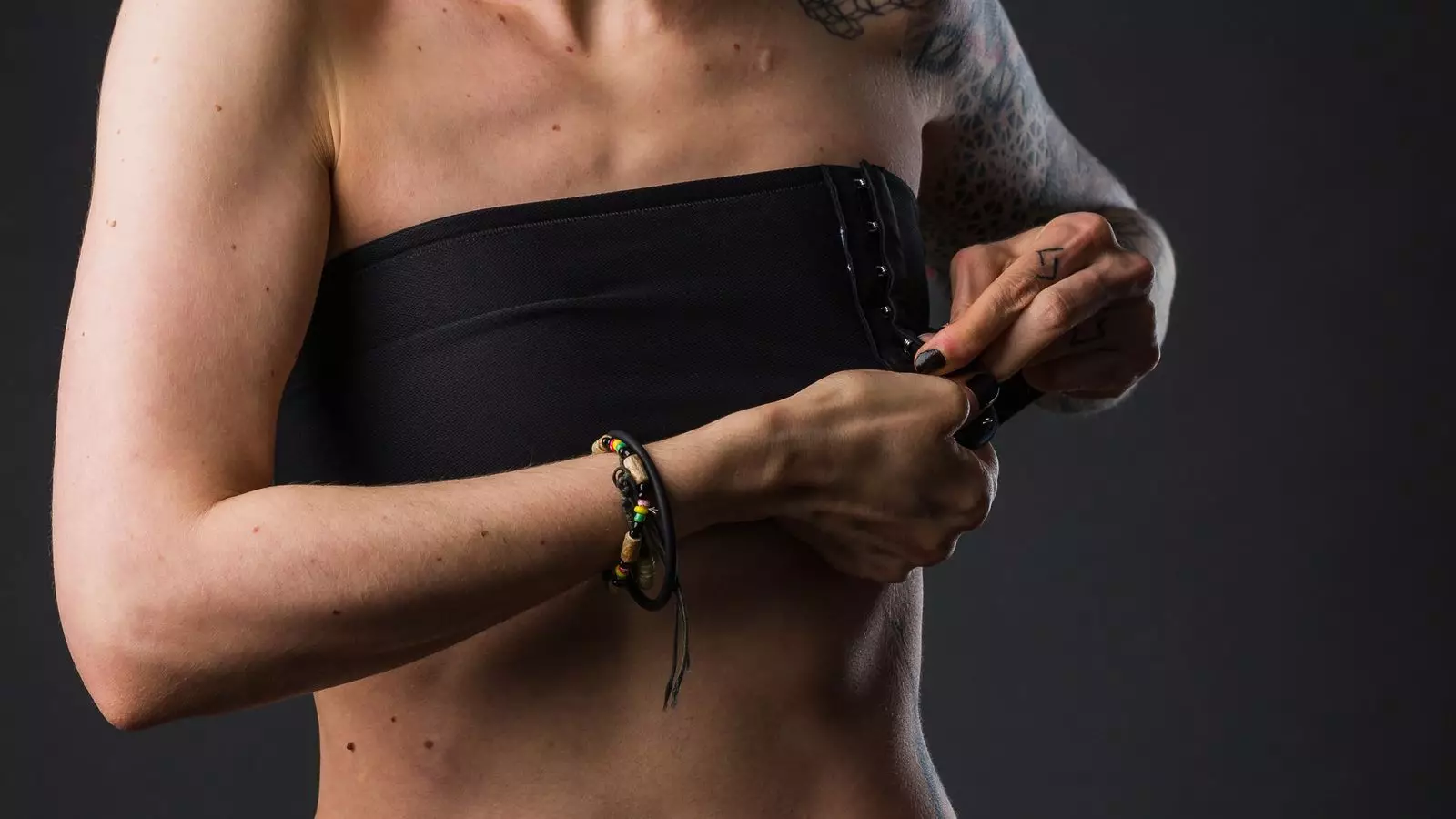Recently, Bannerman High School in Glasgow found itself embroiled in controversy over its initiative to host a coffee morning aimed at raising funds for chest binders for transgender students. The entry fee of £2.50 was intended to purchase these compression tops, which are designed to flatten the chest and allow individuals who identify as male or non-binary to feel more comfortable in their bodies. While the intention might be rooted in supporting inclusivity and the LGBTQ+ community, the choice of fundraising for chest binders raises ethical questions surrounding consent, health implications, and the roles of educational institutions in such sensitive matters.
The response to this event has been overwhelmingly critical. Campaign groups, such as For Women Scotland, condemned the fundraiser as a “dangerous practice.” They argued that providing access to chest binders without adequate support and understanding of potential health consequences presents a grave ethical oversight. Critics point out that many individuals can experience a range of negative side effects from prolonged binder use, which can include significant discomfort and serious medical issues. The group compared this initiative to breast ironing—a practice banned in the UK—suggesting that both are harmful practices that warrant critical scrutiny.
Despite the school staff’s intentions, the lack of a broader consultation process with parents and healthcare professionals raises several red flags. According to reports, no communication had been made to inform parents about the fundraiser or to gauge their opinions, leading to further unease in the community and prompting calls for an immediate review of the school’s policies.
A teacher from Bannerman High School expressed concern over the decision to fundraise without proper expertise in the associated medical and psychological issues surrounding chest binders. This raises an important ethical dilemma: Should educational institutions engage in fundraising for practices that entail medical implications, especially when the potential consequences could be serious? Educational staff may not have the necessary training to manage the health implications of such items, and this lack of expertise creates a scenario where students might not receive appropriate guidance.
Moreover, there is the undercurrent of parent rights that is essential to address. Many parents may feel blindsided by the school’s fundraising efforts, particularly when it involves sensitive issues surrounding their children’s bodies and self-identity. Key stakeholders, such as parents and medical professionals, should be involved in discussions about health-related decisions affecting students to ensure that their welfare is prioritized.
In light of the backlash, Glasgow City Council decided to redirect the funds raised toward broader equality initiatives rather than purchasing chest binders directly. This decision reflects an opening for a more comprehensive support system that considers the well-being of all students while still promoting an inclusive environment. It opens up the dialogue for alternatives, such as educational programs on gender identity and mental health resources, allowing the school to support its LGBTQ+ community without compromising health and safety.
This controversy serves as an important reminder that while initiatives to support marginalized groups are essential, they must be anchored in informed decision-making that includes input from all relevant stakeholders—including parents, health professionals, and the broader community. It is crucial for schools, particularly in their role as educational institutions, to tread carefully and ensure that their actions promote health and well-being while also supporting self-identity.
While the intent behind Bannerman High School’s fundraiser may have been commendable, the execution has opened up significant discussions regarding the ethical implications of community fundraising efforts tied to medical products. As schools strive to create inclusive environments, it is imperative that they undertake such initiatives with care—emphasizing thorough consultation, education, and, above all, the welfare of their students. The situation calls for a more nuanced understanding of the complexities surrounding gender identity and the responsibilities of educational institutions in addressing these critical issues.



Leave a Reply